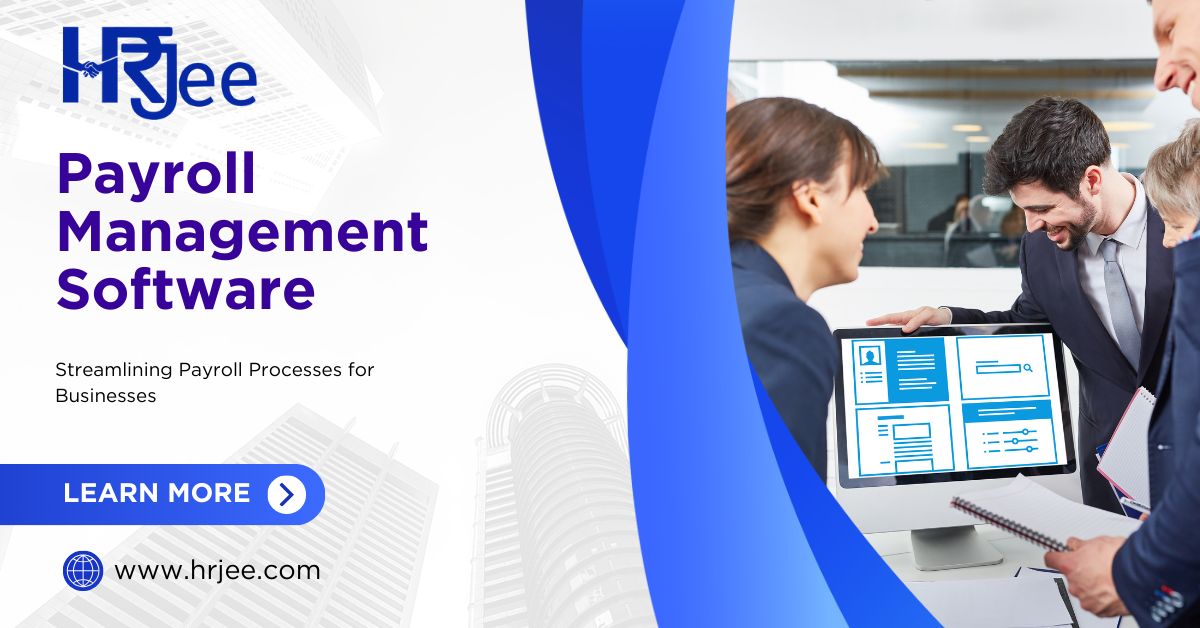In today’s fast-paced corporate climate, effective payroll management is critical to the seamless operation of any corporation. With the complexities of payroll calculations, tax regulations, and employee records, manual processing can be time-consuming and prone to errors. A payroll management system simplifies payroll processes and ensures regulatory compliance.
The Importance of Payroll Management
Payroll management is more than just issuing paychecks to employees. It entails calculating wages, withholding taxes, deducting employee benefits, and making timely payments. Effective payroll management provides employee satisfaction, tax compliance, and accurate financial reporting for the company.
Key Features of Payroll Management Software
Automated Payroll Calculations: One of the most important aspects of payroll management software is the ability to automate payroll calculations. It eliminates manual errors and ensures precise calculations of employee hours, compensation, deductions, and taxes.
- Tax Compliances:Payroll software keeps track of changing tax regulations and ensures compliance with federal, state, and local tax laws. It calculates taxes accurately and generates the reports needed for tax filing.
- Employee Self-Service Portals: Modern payroll software frequently offers self-service portals for employees. Employees can use these portals to easily obtain their pay stubs, tax forms, and other payroll-related information.
- Integration Capabilities: Payroll software interfaces smoothly with other HR and accounting systems, speeding up data transmission and removing the need for human data entry.
Types of Payroll Management Software
Payroll administration software falls into two categories: on-premises and cloud-based. On-premise software is installed and maintained on-site, whereas cloud-based software is hosted remotely and accessed over the internet.
Factors to Consider When Selecting Payroll Management Software
When selecting payroll management software, businesses should consider factors such as their size, complexity, scalability, user-friendliness, and cost. It’s essential to choose software that meets the specific needs of the organization and can adapt to its growth.
Benefits of Using Payroll Management Software
- Efficiency and Timesaving: Payroll software automates repetitive tasks, saving time for HR personnel and ensuring timely payroll processing.
- Accuracy:By eliminating manual calculations, payroll software reduces the risk of errors and ensures accurate payroll processing.
- Compliance: Payroll software assists firms in complying with tax laws and regulatory regulations, lowering the risk of penalties and fines.
- Data Security: Modern payroll software uses strong security measures to protect critical employee information, preventing data breaches and identity theft.
Challenges of Payroll Management Software
Despite the benefits, organizations may have difficulties in establishing and utilizing a payroll administration system. Common problems include implementation concerns, data migration challenges, and the requirement to train personnel on how to utilize the software efficiently.
Future Trends in Payroll Management Software
AI and Machine Learning Integration: Adding artificial intelligence and machine learning technologies to payroll software is expected to boost automation, data analysis capabilities, and predictive insights.
Blockchain Technology: Blockchain technology offers increased security and transparency in payroll transactions, reducing the risk of fraud and ensuring data integrity.
Enhanced Mobile Accessibility: Mobile-friendly payroll software allows employees to access their payroll information on the go, increasing convenience and accessibility.
Recap
Payroll management softwareplays a vital role in streamlining payroll processes, ensuring compliance, and improving efficiency for businesses of all sizes. By automating payroll calculations, ensuring tax compliance, and offering advanced features, payroll software helps businesses save time, reduce errors, and focus on their core operations.



Hi, this is a comment.
To get started with moderating, editing, and deleting comments, please visit the Comments screen in the dashboard.
Commenter avatars come from Gravatar.